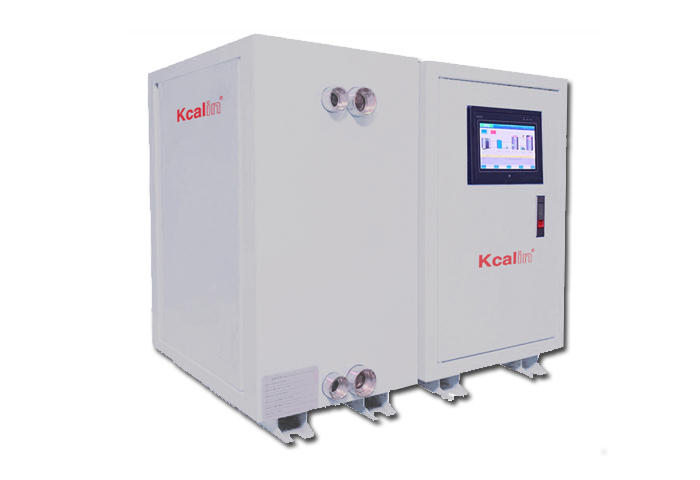In industrial production, air compressors, as a common and important equipment, are widely used in various fields such as manufacturing, chemical industry, and mining. However, air compressors generate a large amount of heat during operation, which is traditionally directly discharged into the environment, resulting in energy waste and environmental burden. With the increasing awareness of energy conservation and environmental protection, the technology of utilizing waste heat from air compressors is gradually receiving attention.
The generation and characteristics of waste heat from air compressors
The working principle of an air compressor is to drive the compressor through an electric motor, compressing air into a storage tank for production use. In this process, electrical energy is converted into mechanical energy and thermal energy, with thermal energy accounting for about 80% of the input electrical energy. These heat sources mainly come from the following aspects:
Heating of compressed air: The temperature of the air will increase during the compression process.
Heat loss of electric motors and mechanical components: Electric motors and mechanical components generate friction and resistance losses during operation, which are converted into heat.

Cooling system heat dissipation: In order to maintain the normal operation of the equipment, the cooling system of the air compressor will emit a large amount of heat.
The key to utilizing waste heat from air compressors is to recover and utilize the lost heat, turning waste into treasure. The specific waste heat utilization technologies mainly include the following methods:
Hot water heating: The waste heat of the air compressor can be used to heat water, and the heat in the compressed air and cooling system can be transferred to the water through a heat exchanger to heat it up for production or daily use. This method has been widely used in many industrial settings, such as the production process water in factories and the domestic hot water for employees.
Air heating: Through a waste heat recovery device, the heat generated by the air compressor is used to heat fresh air or circulating air for heating in the factory or for process needs. This method is particularly suitable for industrial plants in cold regions and can effectively reduce heating costs.
Preheating raw materials: In some industrial production processes, raw materials need to be preheated. The use of waste heat from air compressors can effectively preheat raw materials, improve production efficiency, and reduce energy consumption.
Power generation: In large-scale industrial systems, waste heat from air compressors can be used to drive steam turbines or organic Rankine cycle (ORC) power generation, further improving energy utilization efficiency.
Advantages of utilizing waste heat from air compressors
Energy saving: Utilizing the waste heat of air compressors can reduce the energy consumption of enterprises. For example, using waste heat to heat production or domestic water can reduce the use of boilers or electric heaters, saving fuel and electricity costs.
Reducing emissions: By recycling and utilizing waste heat, the amount of heat directly emitted into the environment is reduced, thereby reducing greenhouse gas and other pollutant emissions, reducing environmental pollution, and meeting the requirements of sustainable development.
Power generation: In large-scale industrial systems, waste heat from air compressors can be used to drive steam turbines or organic Rankine cycle (ORC) power generation, further improving energy utilization efficiency.
Advantages of utilizing waste heat from air compressors
Energy saving: Utilizing the waste heat of air compressors can reduce the energy consumption of enterprises. For example, using waste heat to heat production or domestic water can reduce the use of boilers or electric heaters, saving fuel and electricity costs.
Reducing emissions: By recycling and utilizing waste heat, the amount of heat directly emitted into the environment is reduced, thereby reducing greenhouse gas and other pollutant emissions, reducing environmental pollution, and meeting the requirements of sustainable development.







Comment